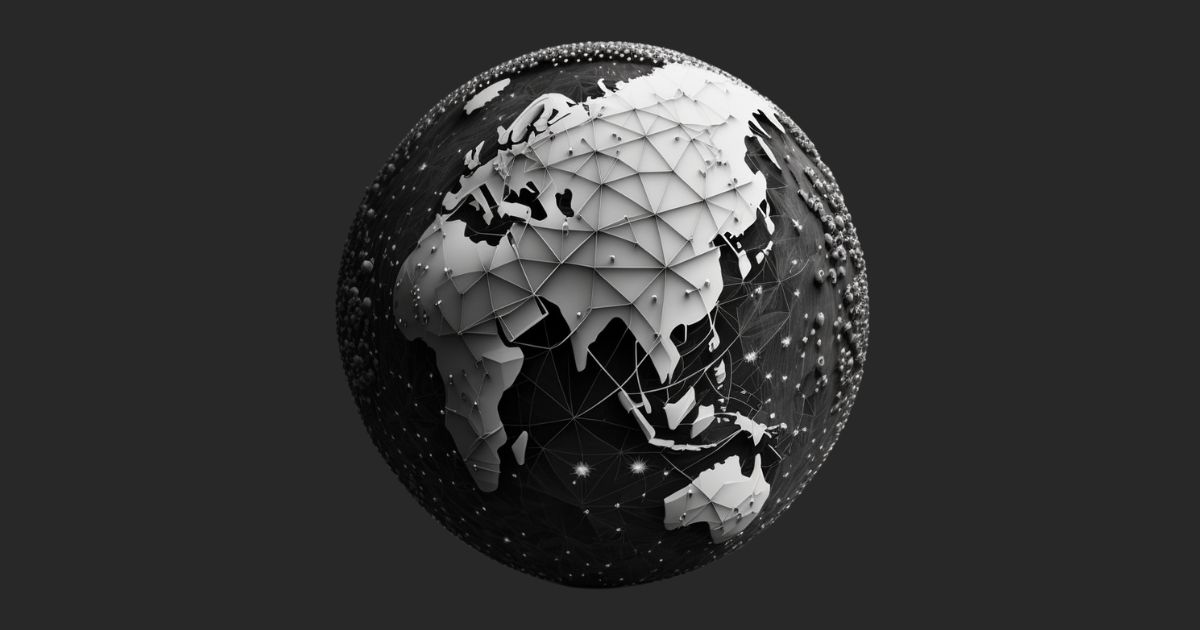
How to establish a Network State?
Almost everywhere you can find Nodes of people or information. Few of these have the capability for collective action to build a new country and eventually gain diplomatic recognition. But we believe some of you have, these are the suggested stages for you. This article is inspired by Balaji Srinivasan's book The Network StateGather a Startup Society
To start a network state, the first step is to gather a startup society. This is a community of people who share a common interest in building something greater. The society can be founded by anyone with aspirations for something new, just like founding a company or a cryptocurrency. The founder's legitimacy comes from whether others opt to follow them.
Organize a Network Union
Once a sufficiently dedicated online community has been formed, the next step is to organize it into a network union. Unlike a social network, a network union has a purpose: it coordinates its members for their mutual benefit. Unionization is a key step because it turns an otherwise ineffective online community into a group of people working together for a common cause.
Crowdfund a Network Archipelago
After organizing the network union, the next step is to crowdfund a network archipelago. This involves building trust offline and a cryptoeconomy online. Begin holding in-person meetups in the physical world, of increasing scale and duration, while simultaneously building an internal economy using cryptocurrency. Once sufficient trust has been built and funds have been accumulated, start crowdfunding apartments, houses, and even towns to bring digital citizens into the physical world within real co-living communities. Link these physical nodes together into a network archipelago, a set of digitally connected physical territories distributed around the world. Nodes of the network archipelago range from one-person apartments to in-person communities of arbitrary size. Physical access is granted by holding a web3 cryptopassport, and mixed reality is used to seamlessly link the online and offline worlds.
Diplomatic Recognition Network State
As the network state scales, run a cryptographically auditable census to demonstrate the growing size of your population, income, and real-estate footprint. A startup society with sufficient scale should eventually be able to negotiate for diplomatic recognition from at least one pre-existing government, and from there gradually increased sovereignty, slowly becoming a true network state. The key idea is to populate the land from the cloud, and do so all over the earth. The people are spread around the world in clusters of varying size, but their hearts are in one place.
To summarize, the process of starting a network state involves gathering a startup society, organizing it into a network union, crowdfunding a network archipelago, and gaining diplomatic recognition. This process is unique in that it begins in the digital world and materializes into the physical world. By starting with an online community, the network state can be ideologically aligned but geographically decentralized. It allows people to work together for a common cause without being limited by physical boundaries.
Conclusion
The network state concept is also different from traditional ways of starting a new country. Instead of winning sufficient power in an election, conducting a political revolution, or winning a war, the network state takes the most robust existing tech stack we have, namely the suite of technologies built around the internet, and uses it to route around political roadblocks, without waiting for future physical innovation.
In conclusion, the network state is a peaceful, reproducible process for turning an online community premised on a proposition into a physical state with a virtual capital. It is a new kind of fractal polity with its capital in the cloud. The network state is a powerful idea that could change how we think about starting new countries and societies. It has the potential to create a world where people can build something new without historical constraints, and where the brand new is not unthinkable, but an achievable reality.